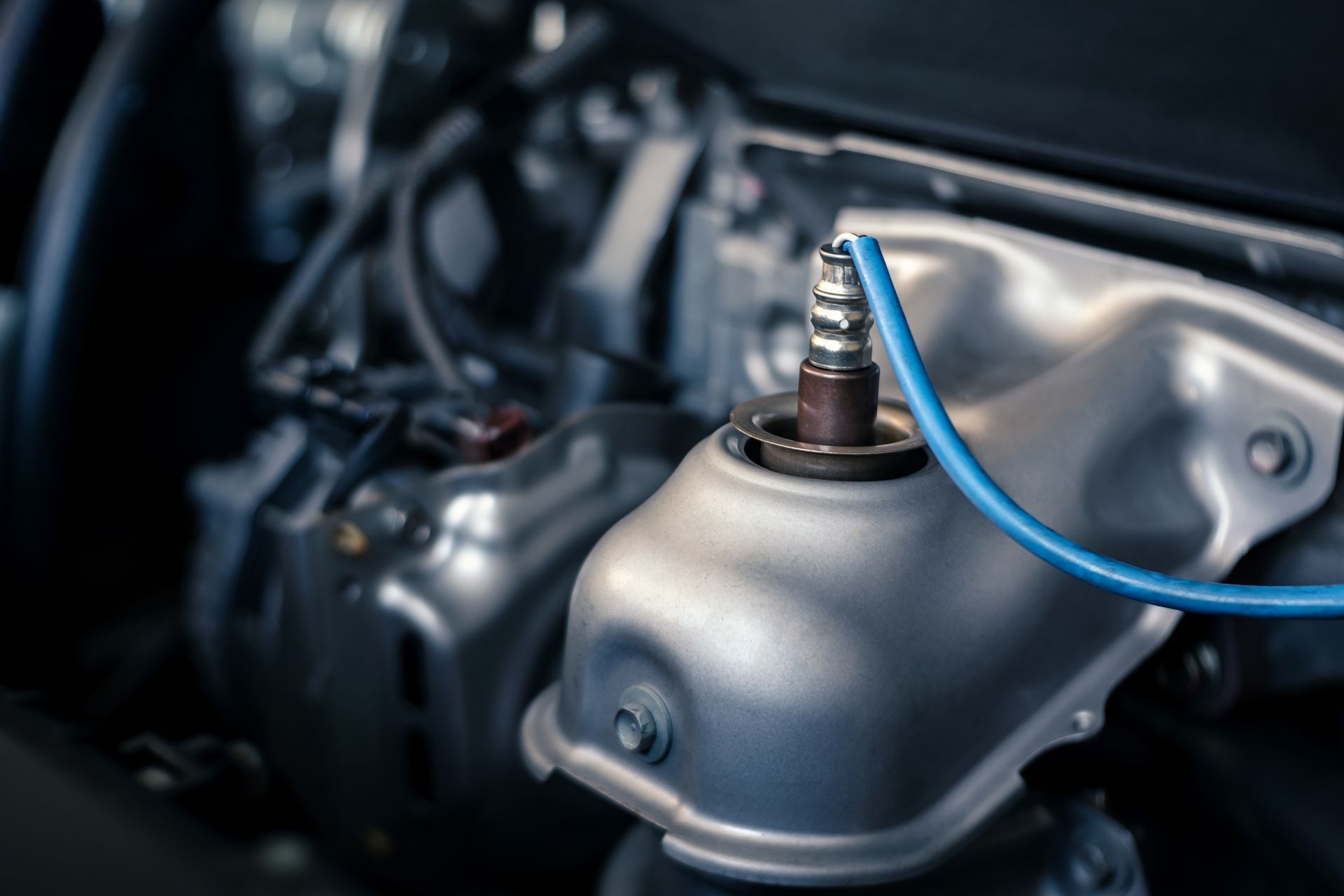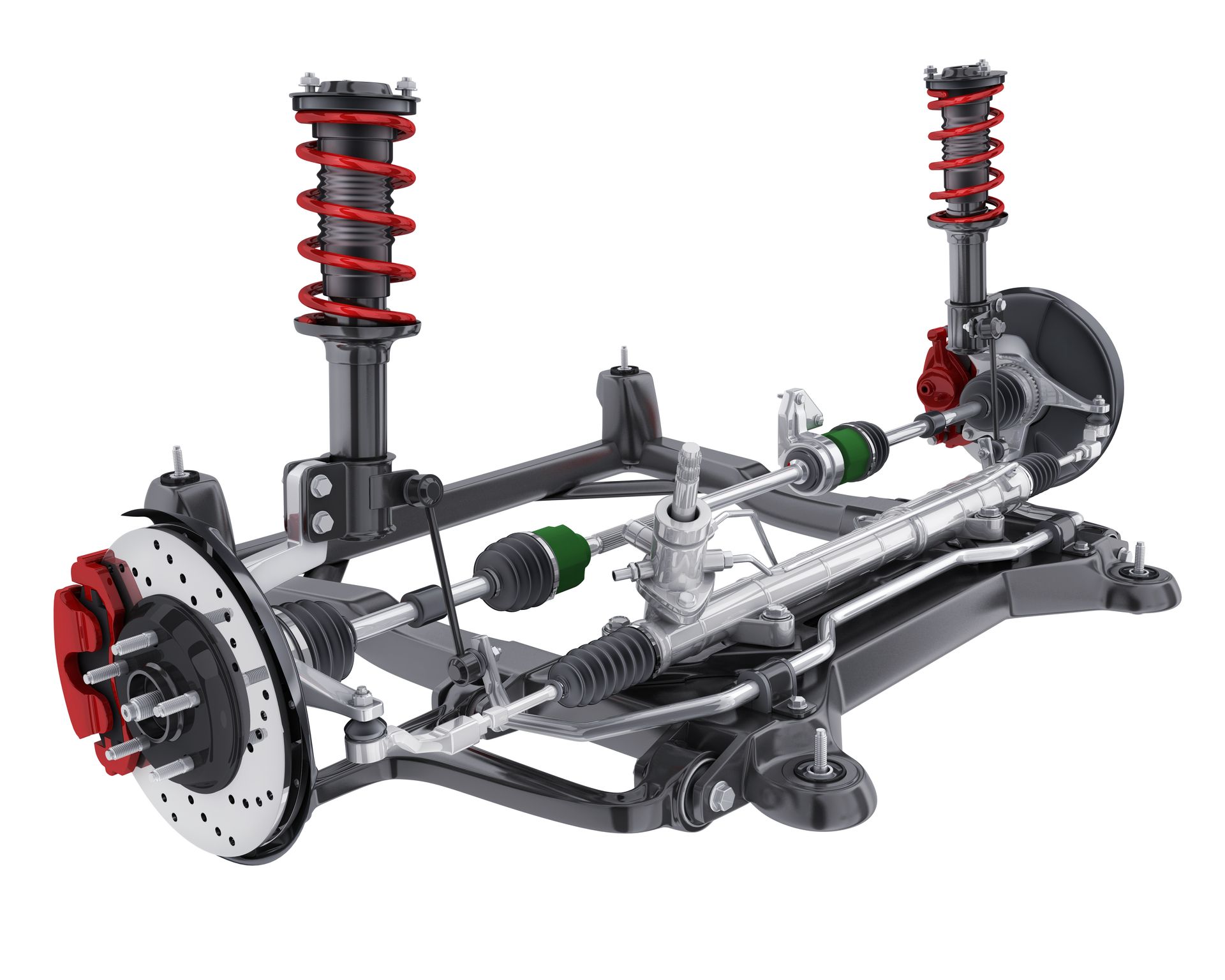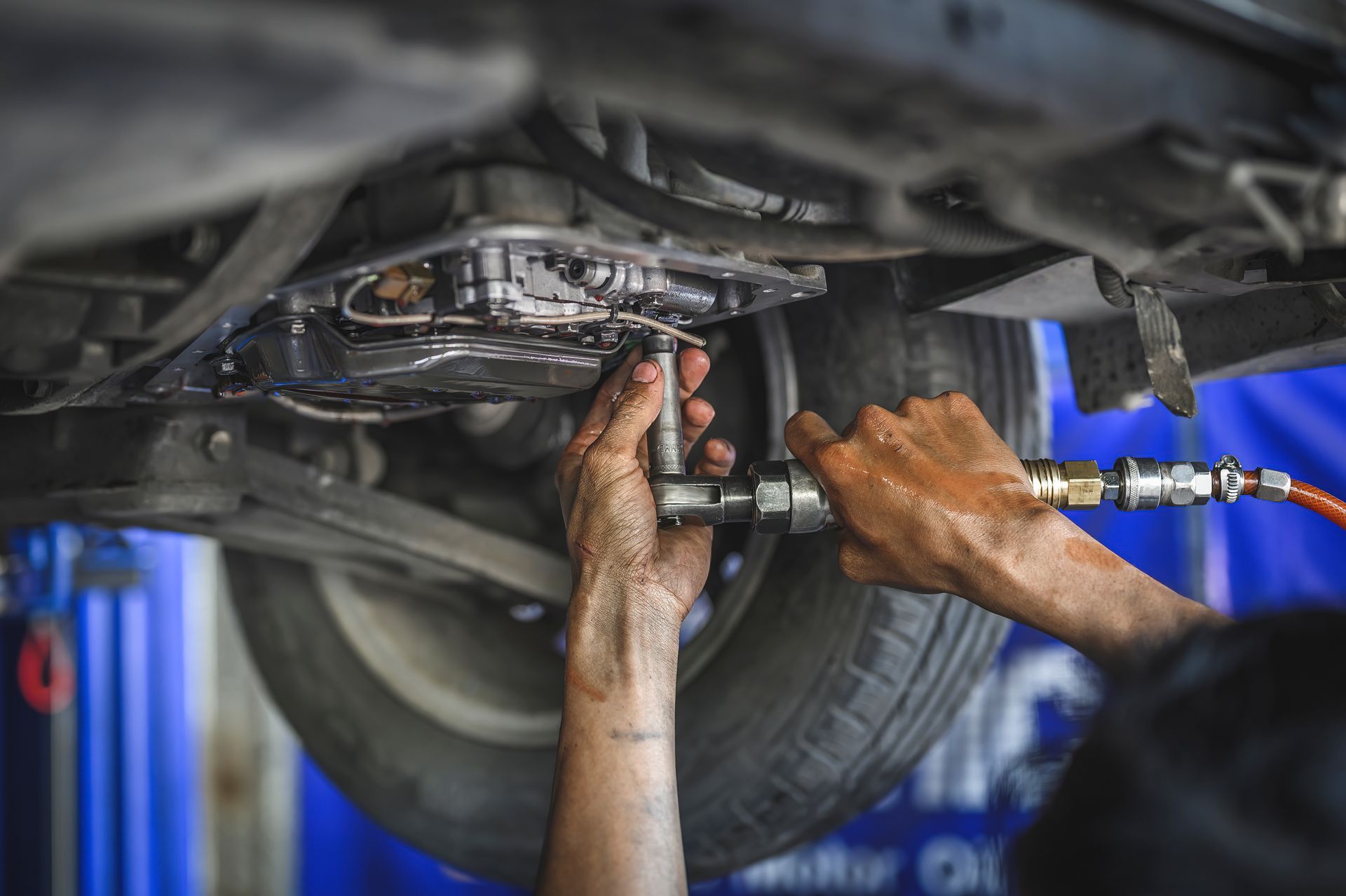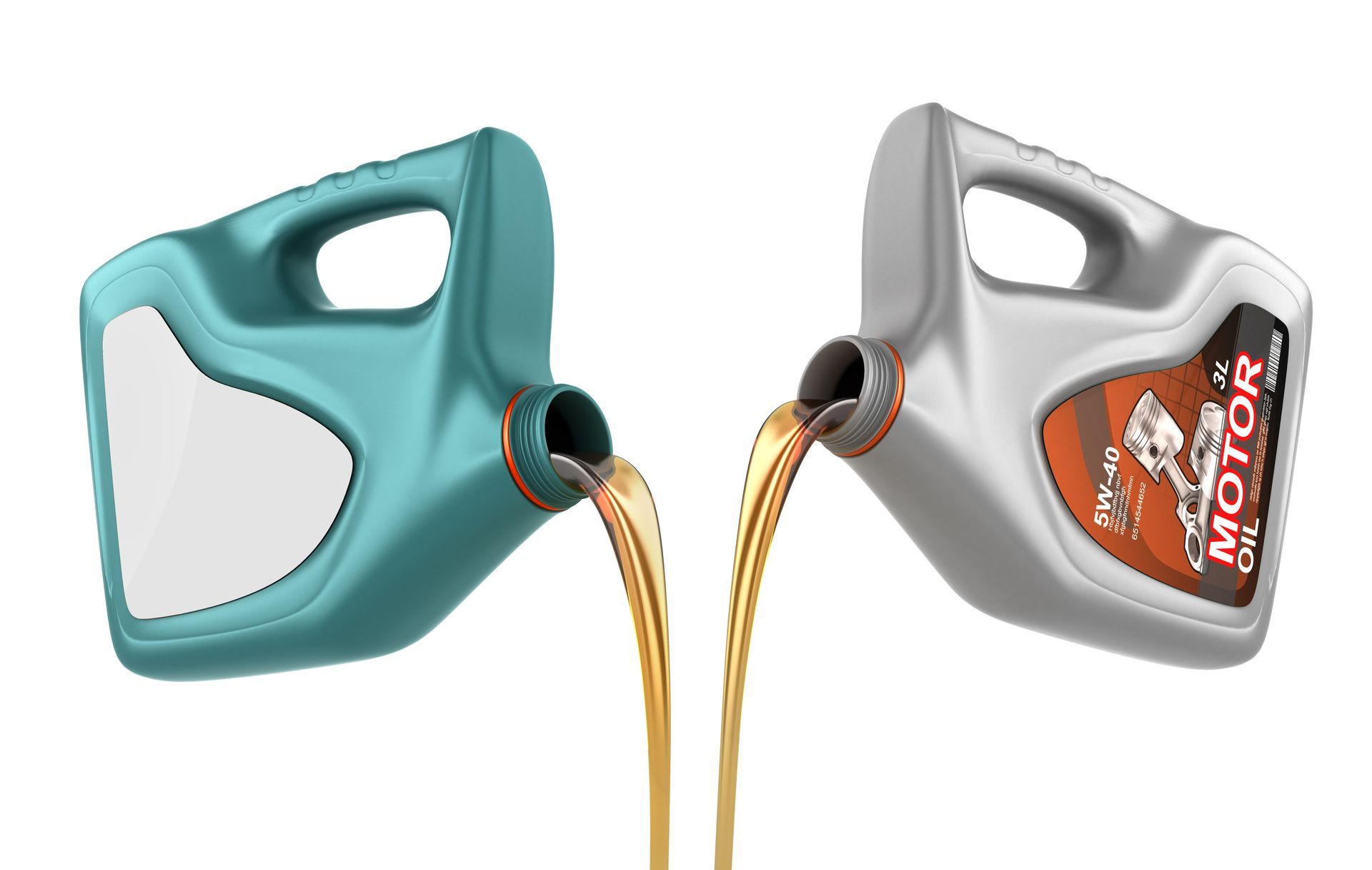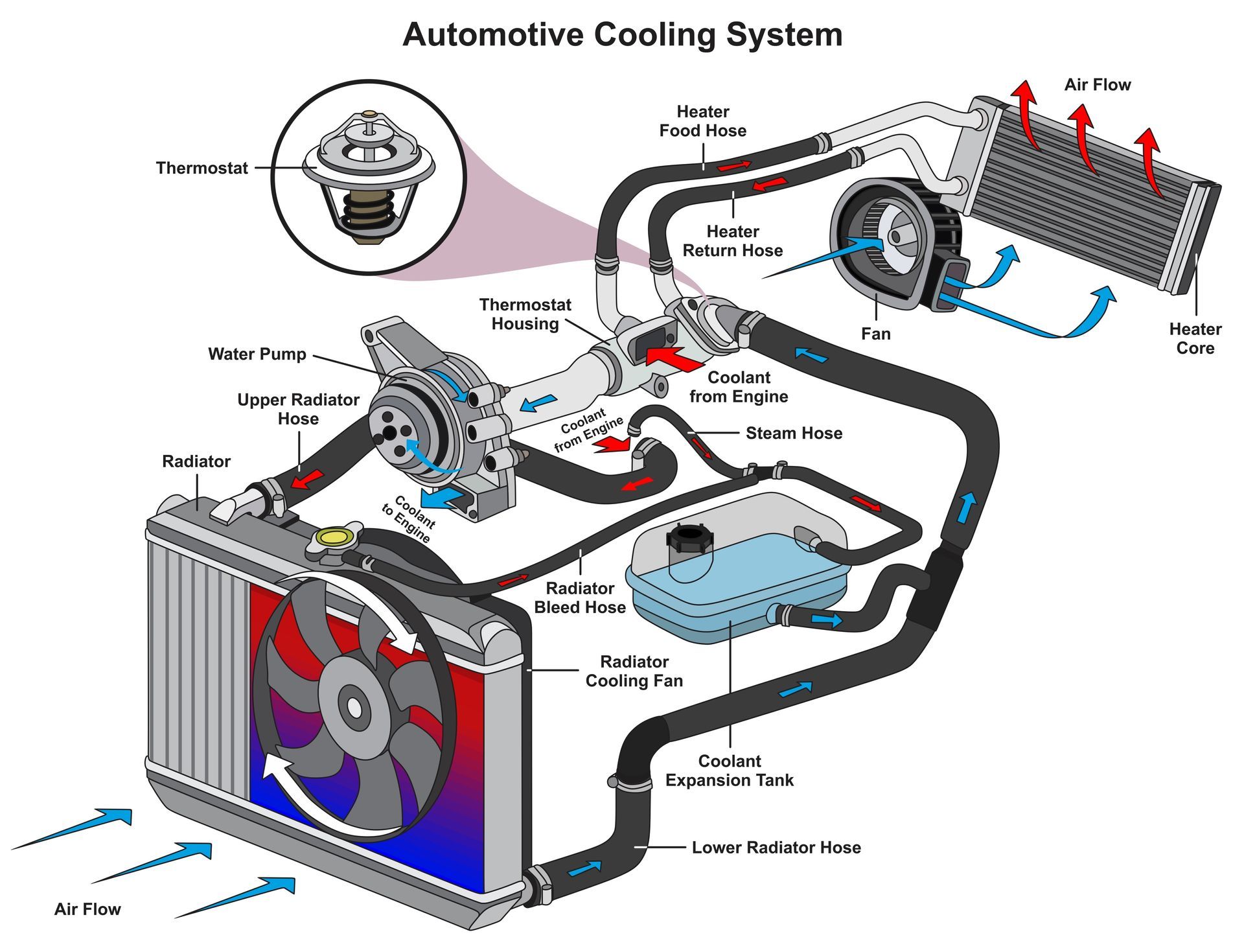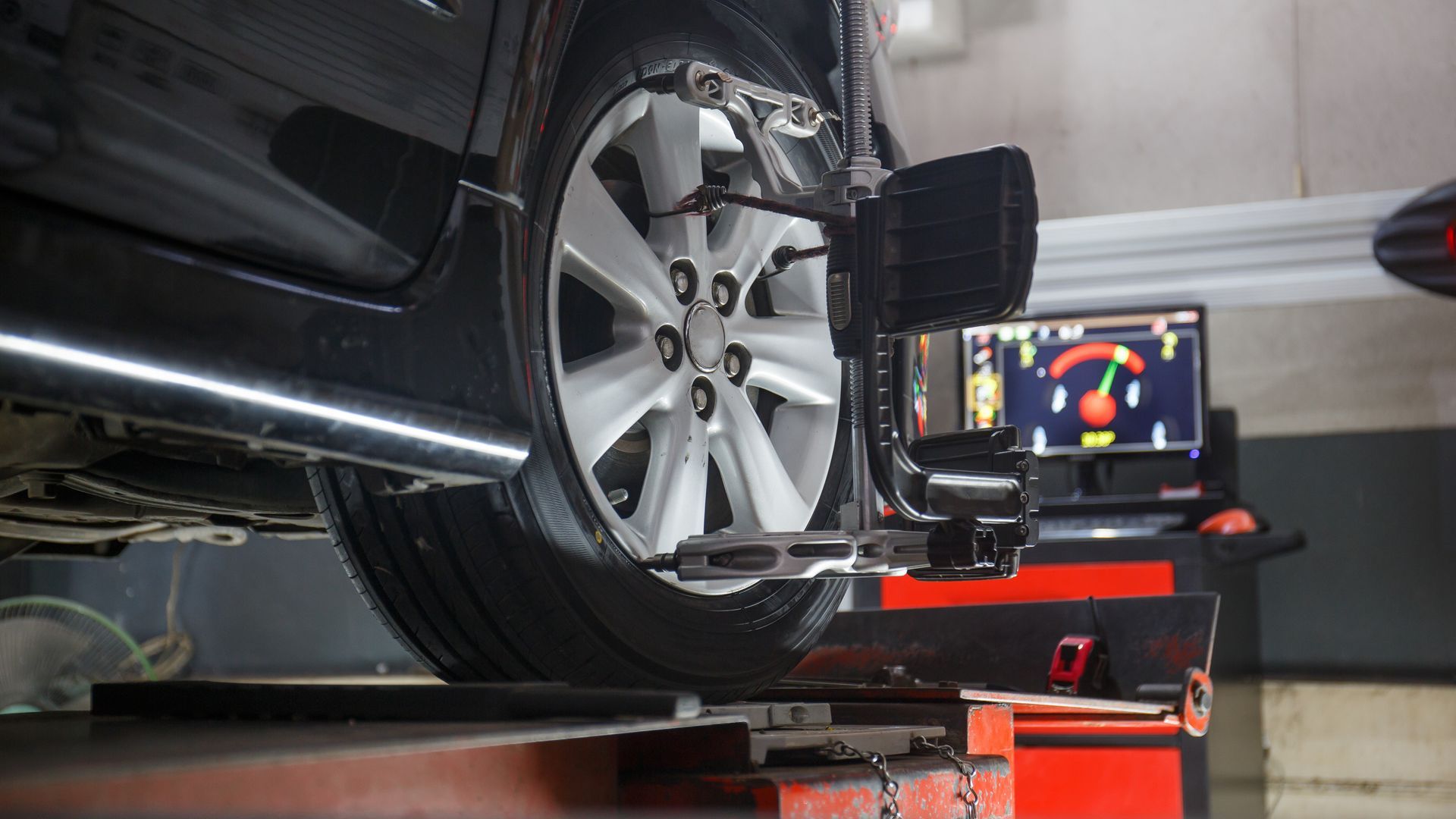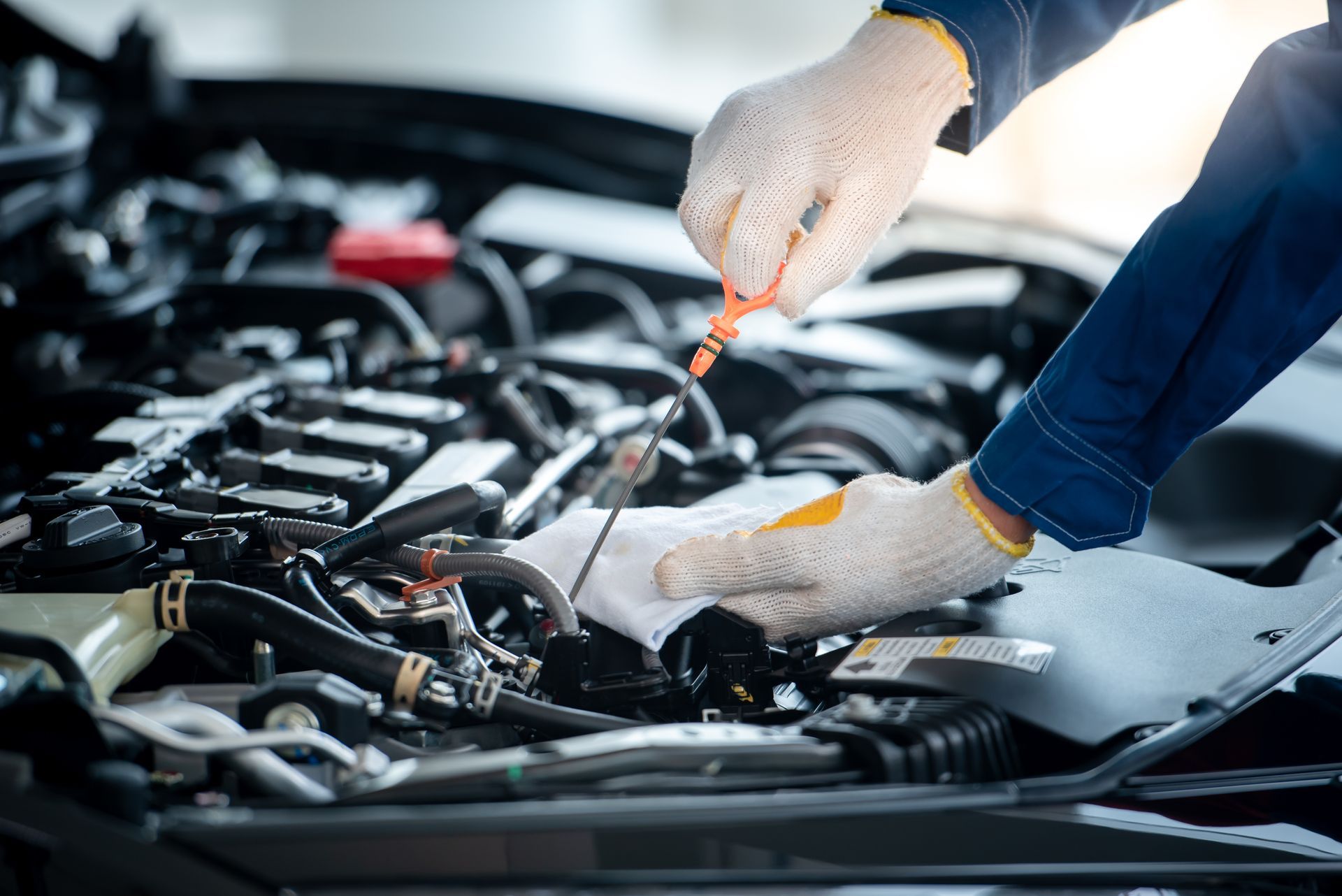Your car’s electrical system is like its nervous system—it controls everything from the ignition to the lights and everything in between. But when electrical issues crop up, they can throw a wrench into your daily routine. From dimming headlights to a car that won’t start, these problems are more than just annoying—they can be dangerous. Let’s take a closer look at some common car electrical issues, what causes them, and how you can address them effectively.
The Battery
One of the most frequent culprits behind electrical problems is the car battery. If your car struggles to start or you notice flickering lights, a failing battery might be the issue. Over time, batteries lose their ability to hold a charge, especially in extreme weather conditions.
How do you know if your battery is the problem? Look for warning signs like corrosion on the terminals, a sluggish start, or even a completely unresponsive vehicle. If the battery is dead, a jump-start might work temporarily, but you’ll likely need a replacement. Regular inspections and cleaning can help extend its lifespan, so don’t ignore routine maintenance.
Alternator Issues
The alternator works hand-in-hand with the battery, keeping it charged while your car is running. When the alternator fails, you might notice symptoms like dimming headlights, a whining noise, or the battery warning light on your dashboard.
Unlike a failing battery, a faulty alternator can leave you stranded without much warning. If you suspect the alternator is the issue, have it tested as soon as possible. Replacing a worn-out alternator might seem like a hassle, but it’s crucial for keeping your car’s electrical system running.
Blown Fuses
Fuses are designed to protect your car’s electrical components by breaking the circuit when there’s an overload. While they’re a simple fix, blown fuses can be a sign of underlying issues like faulty wiring or overloading accessories.
If a particular feature in your car, such as the radio or power windows, stops working suddenly, a blown fuse could be to blame. Replacing the fuse is straightforward, but if the new one blows right away, it’s time to investigate further. Faulty wiring or a malfunctioning accessory could be the root of the problem.
Wiring Problems
Wiring issues can cause a range of symptoms, from erratic lights to complete electrical system failure. Over time, wires can fray, corrode, or get damaged by rodents or accidental impacts. Tracking down wiring problems can be tricky because they often present intermittent symptoms.
If you notice flickering lights, strange smells, or electrical components that work sporadically, it might be time to get your car’s wiring checked. A professional inspection can identify and fix these problems before they escalate into something more serious.
Starter Motor Failure
Few things are as frustrating as a car that won’t start, especially if you’re unsure why. While the battery often takes the blame, a failing starter motor is another common cause. The starter is responsible for turning the engine over when you start the car, so when it fails, you’re not going anywhere.
Common signs of a bad starter include a clicking noise when you turn the key or a complete lack of response. If the battery is in good shape but your car still won’t start, the starter motor could be the issue.
How to Address Electrical Problems
When dealing with electrical issues, the best approach is to start with the basics. Check the battery, fuses, and alternator first, as these are the most common culprits. If the problem persists, consult a professional to diagnose the issue. Modern cars have complex electrical systems that require specialized tools and expertise, so don’t hesitate to get help when needed.
Preventative maintenance is another key to avoiding electrical headaches. Regular inspections, cleaning battery terminals, and checking for signs of wear can help catch problems early. Also, avoid overloading your car’s electrical system with too many aftermarket accessories, as this can strain the system.
Electrical problems don’t fix themselves. Trust
Joyce Automotive and Towing to get to the root of the issue and keep your vehicle on the road. Contact us today for fast and friendly service!




